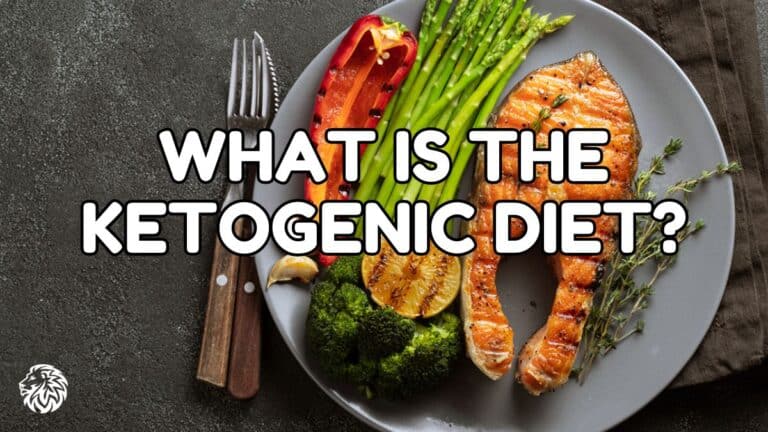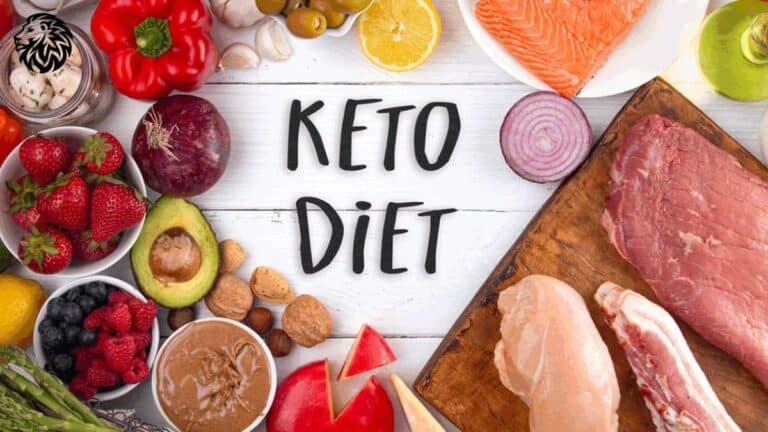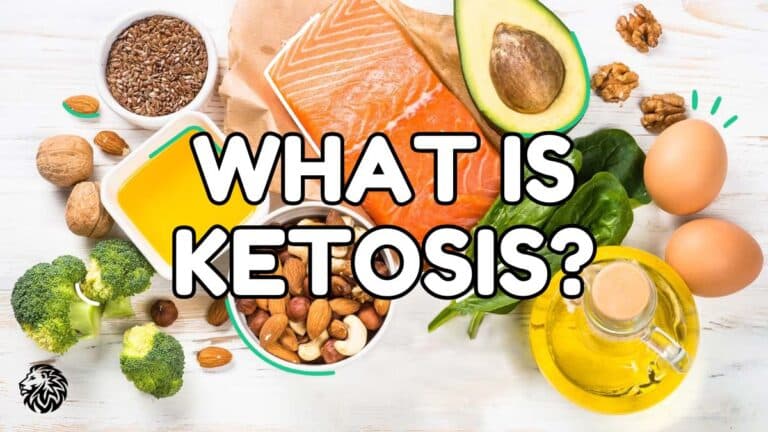The keto diet has surged in popularity over recent years, attracting attention from people looking for fast and noticeable weight loss results. Celebrities, fitness enthusiasts, and everyday individuals have praised its effectiveness, fueling its rise in mainstream health discussions.
At its core, the keto diet is a high-fat, low-carbohydrate diet designed to shift the body into a state of ketosis, where fat is used as the primary source of energy instead of carbohydrates. This differs from traditional diets, which typically rely on balanced intake from all food groups, including a significant portion of carbohydrates.
This article will explore whether the keto diet is a truly effective and safe option for losing weight and improving overall health, while also considering its potential risks and benefits.
Does the Keto Diet Work?
The key to the keto diet’s effectiveness lies in the metabolic state of ketosis. Normally, the body uses carbohydrates as its main source of energy, breaking them down into glucose for fuel. When carbohydrate intake is drastically reduced, the body is forced to find an alternative energy source. This is where ketosis comes into play. In ketosis, the liver converts fats into molecules called ketones, which the body can use for energy, effectively shifting the body’s fuel source from glucose to fat.
Short-term studies have shown that the keto diet can lead to significant weight loss, often within just a few weeks. By severely limiting carbs, the body depletes glycogen stores and sheds water weight, resulting in rapid initial weight loss. Studies also suggest that being in ketosis may help reduce hunger and appetite, making it easier for some people to stick to the diet. However, this varies from person to person.
There are many success stories of individuals who have lost substantial amounts of weight while following a keto plan. They often cite improved energy, mental clarity, and reduced cravings. Despite these benefits, there are also common challenges. Some people find the diet’s restrictions difficult to maintain, especially when it comes to avoiding favorite carb-rich foods. The initial phase of transitioning to ketosis, often called the “keto flu,” can cause fatigue, headaches, and irritability, making it tough to stick with in the early stages.
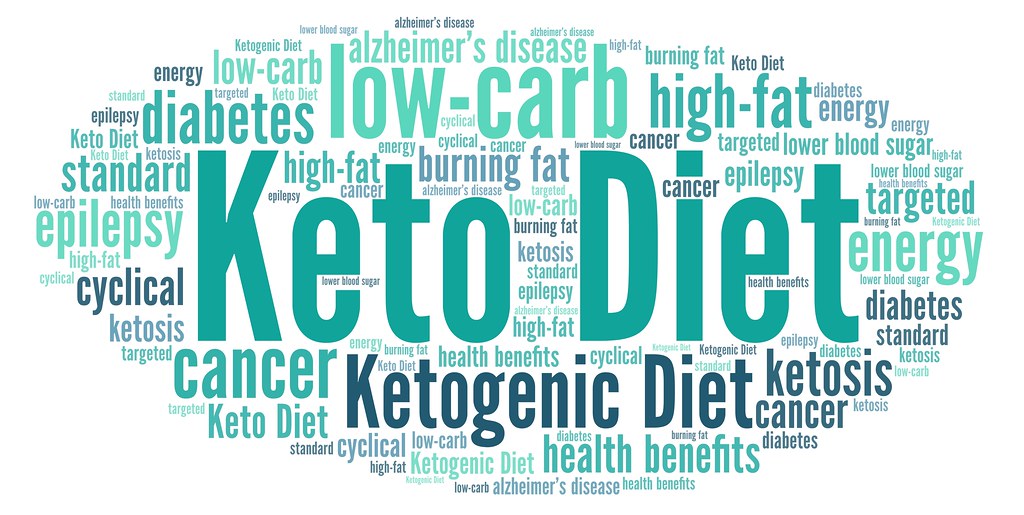
Is Losing Weight Through Ketosis a Good Idea?
While losing weight through ketosis can deliver quick results, sustainability is a significant concern. The initial weight loss is often rapid, largely due to water loss as glycogen stores are depleted. This quick drop in weight can be motivating, but it may not be indicative of long-term fat loss. The challenge arises in maintaining this type of diet over an extended period, as it requires strict limits on carbohydrates, making social situations, dining out, and even home cooking more restrictive.
Results can appear quickly—often within the first two weeks—but maintaining ketosis long-term can be difficult for many. The diet’s success relies on constant monitoring of carb intake, and small deviations can quickly take the body out of ketosis. For some, the restrictive nature of the diet may lead to frustration or even cause them to revert to old eating habits, which could result in weight regain.
In terms of energy levels and hunger management, many people report that once they are fully in ketosis, they feel less hungry and experience fewer energy dips. This can be attributed to the steady energy provided by fat stores, as opposed to the spikes and crashes associated with a diet high in carbohydrates. However, some individuals may find the opposite to be true, experiencing low energy or difficulty during workouts, particularly in the early phases.
One concern with keto is muscle loss. While the diet is high in fat, it’s not inherently high in protein, and if protein intake is too low, the body may start breaking down muscle tissue to meet its energy needs. This can be mitigated by carefully monitoring protein intake, but those focusing on muscle preservation or building may find it more difficult to balance fat and protein consumption in this diet.
Overall, while ketosis can be effective for weight loss, its long-term maintainability and the potential impacts on muscle preservation and overall energy should be carefully considered.
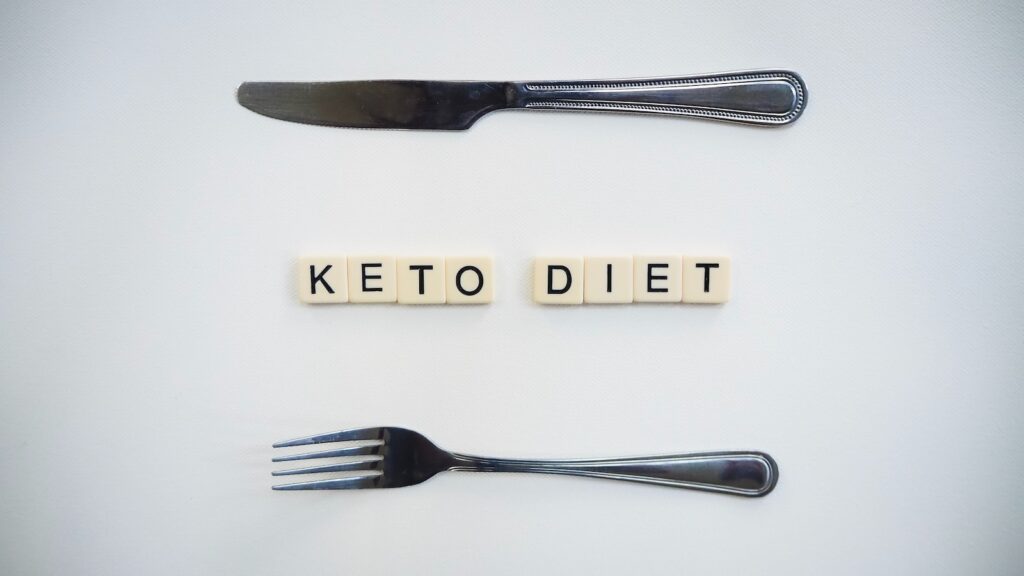
Other Benefits of the Keto Diet
The keto diet offers more than just weight loss. Here’s a look at some of the other potential benefits:
Improved Mental Clarity and Energy
- Many people on the keto diet report feeling more focused and alert.
- Since ketones provide a steady energy source, you may avoid the energy crashes that often come with high-carb diets.
- Users often experience fewer mood swings and more consistent energy throughout the day.
Managing Medical Conditions
The keto diet may help with certain health conditions, including:
- Epilepsy: Originally developed to help manage seizures, the keto diet remains effective in reducing seizure frequency, especially in children who don’t respond to traditional treatments.
- Diabetes: Research suggests the keto diet can improve insulin sensitivity and help control blood sugar levels, making it potentially beneficial for those with type 2 diabetes.
- Cancer: Some early studies suggest that the keto diet might slow the growth of certain cancers by depriving cancer cells of glucose, though more research is needed.
Effects on Cholesterol and Inflammation
- The diet may improve HDL (“good”) cholesterol levels and lower triglycerides, promoting better heart health.
- Some studies indicate it may help reduce inflammation, which is beneficial for conditions like arthritis and chronic pain.
- However, the impact on LDL (“bad”) cholesterol varies from person to person, so it’s important to monitor this while on the diet.
In short, the keto diet’s benefits extend beyond weight loss, offering potential improvements in mental clarity, energy, and even managing certain health conditions. However, individual results may vary, and it’s important to consider both the benefits and potential risks.

Potential Risks and Downsides
While the keto diet has its perks, there are some risks you should be aware of before diving in. Here’s what to consider:
Keto Flu and Short-Term Discomfort
- Many people experience “keto flu” during the first week, with symptoms like headaches, fatigue, nausea, and irritability.
- This happens as your body adjusts to burning fat instead of carbs for energy, but it usually passes within a few days.
Nutrient Deficiencies and Digestive Issues
- The keto diet’s restriction of fruits, vegetables, and grains can lead to nutrient deficiencies, especially in magnesium, potassium, and certain B vitamins.
- Fiber intake tends to drop, which can cause constipation and other digestive issues if you’re not careful to include enough low-carb, fiber-rich foods.
Long-Term Heart Health Concerns
- While some people see improvements in cholesterol levels, others may notice a rise in LDL (“bad”) cholesterol, potentially increasing the risk of heart disease.
- The high intake of saturated fats on keto raises concerns about the long-term impact on heart health, so it’s important to monitor these levels regularly.
Metabolic Changes and Weight Regain
- Long-term keto may lead to a slower metabolism, making it harder to keep the weight off once you stop the diet.
- Some find it challenging to maintain the strict carb limits, which can lead to weight regain once they revert to old eating habits.
Social and Psychological Challenges
- The restrictive nature of keto can make it hard to enjoy meals in social settings, as many common foods are off-limits.
- For some, constantly tracking carbs and avoiding certain foods can lead to disordered eating habits or feelings of deprivation, making the diet harder to stick with long-term.
In summary, while the keto diet can work for some, it comes with potential side effects. It’s always a good idea to keep an eye on these risks and consult with a healthcare professional before starting, especially for long-term use.
The Verdict: Is the Keto Diet a Good Idea?
The keto diet has clear pros and cons. On the positive side, it can lead to rapid weight loss, improved energy levels, and potential benefits for certain medical conditions, such as epilepsy, type 2 diabetes, and even some forms of cancer. Many people report better focus and reduced hunger, making it easier to stick to in the short term. However, it comes with downsides: the diet can be difficult to maintain long-term due to its restrictive nature, and there are risks of nutrient deficiencies, digestive issues, and potential negative effects on heart health. The social and psychological challenges, as well as the possibility of developing disordered eating patterns, also raise concerns.
Those who might benefit from the keto diet include individuals looking for rapid weight loss or those managing specific medical conditions where ketosis has been shown to help. However, it’s crucial to approach with caution if you have pre-existing heart conditions, metabolic issues, or a history of disordered eating. The diet’s high-fat content and strict rules make it unsuitable for everyone, especially over the long term.
In conclusion, the keto diet can be effective, but it’s not for everyone. Before starting, it’s important to carefully weigh your health goals and the potential risks. Consulting a healthcare professional or a dietitian is highly recommended to ensure that the diet aligns with your personal health needs and can be followed safely.
References
- Mayo Clinic Staff. (2023, January 18). Low-carb diet: Can it help you lose weight? Mayo Clinic. https://www.mayoclinic.org/healthy-lifestyle/weight-loss/in-depth/low-carb-diet/art-20045831
- Harvard Health Publishing. (2020, March 25). Should you try the keto diet? Harvard Health. https://www.health.harvard.edu/staying-healthy/should-you-try-the-keto-diet
- National Center for Biotechnology Information. (2021). Ketogenic diet. In StatPearls. https://www.ncbi.nlm.nih.gov/books/NBK499830/
- Harvard T.H. Chan School of Public Health. (n.d.). Ketogenic diet. The Nutrition Source. https://nutritionsource.hsph.harvard.edu/healthy-weight/diet-reviews/ketogenic-diet/
- University of Kansas Medical Center. (2019, August 29). Keto diet research. https://www.kumc.edu/about/news/news-archive/keto-diet-research.html
- Northwestern Medicine. (n.d.). Pros and cons of the ketogenic diet. https://www.nm.org/healthbeat/healthy-tips/nutrition/pros-and-cons-of-ketogenic-diet

